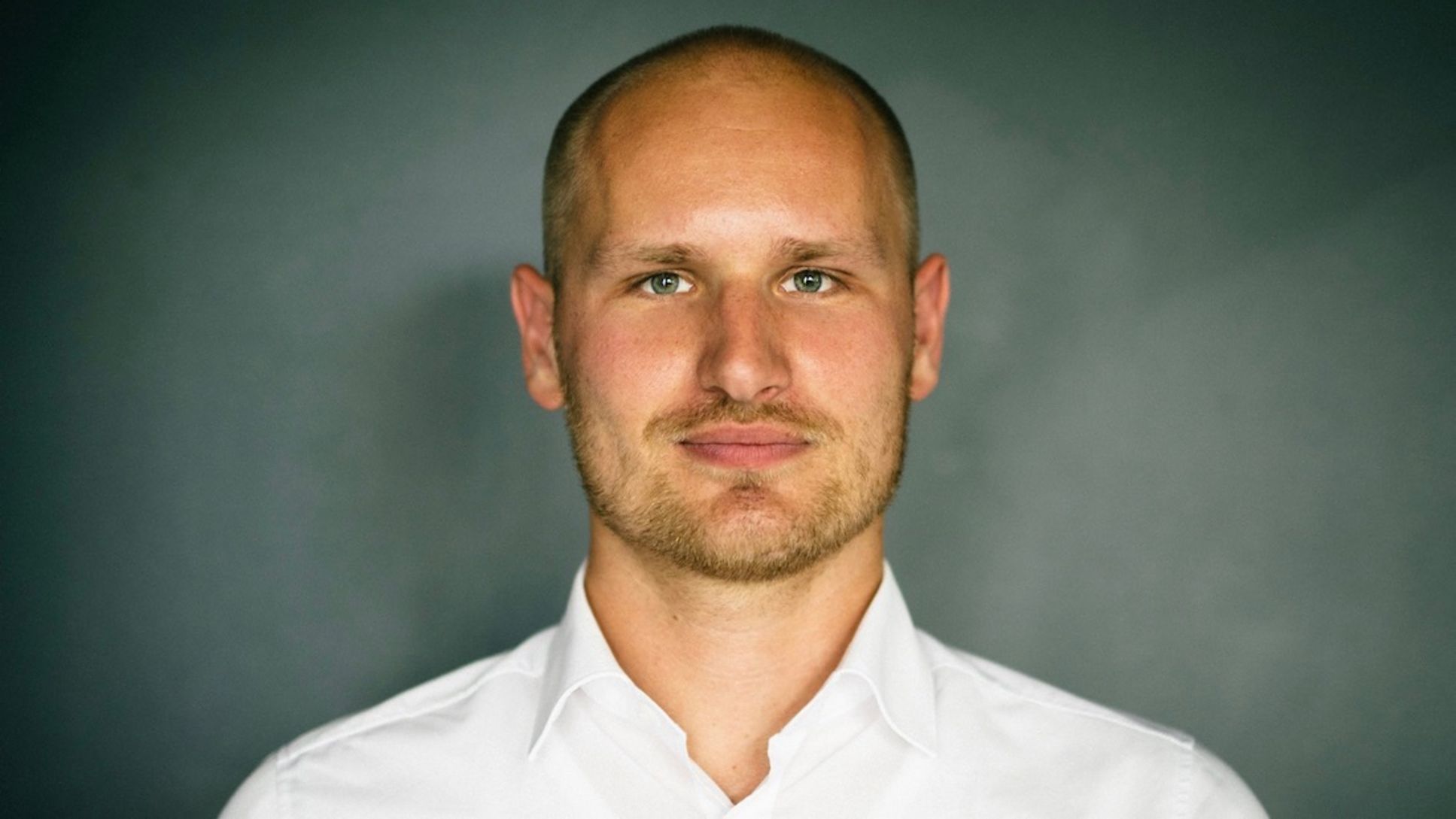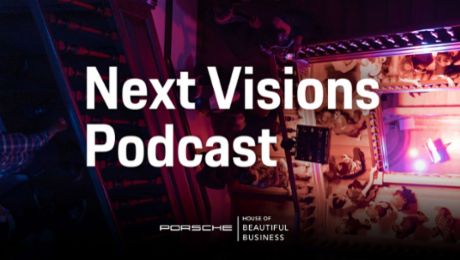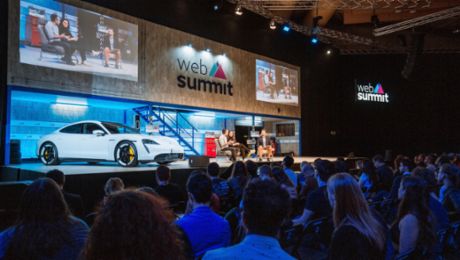Stefan Muderack heads the Industry 4.0 and Internet of Things (IoT) department at the Porsche Digital Lab in Berlin. The department’s main focus is the field of networked and self-organised production. By connecting customers, cars, individual machines, logistics services and factories via the Internet of Things, completely new networks are created that facilitate disruptive use cases across a variety of industries.
As an expert on the Internet of Things, he helps departments such as IT and production to transform innovative ideas compiled in design thinking workshops into fully functional prototypes and successful business cases. The aim of the Berlin-based think tank is to develop innovative use cases for the IoT in collaboration with other fields, such as deep learning, cloud computing and data science. This then pushes back the boundaries of what is possible for the Group a little more each day.
Stefan Muderack defines user requirements
Stefan Muderack is involved in project ideas as early as the research stage and defines user requirements in conjunction with the project initiators and user experience experts from the Digital Lab. The ideas are then implemented by means of an agile project. This involves fully functional prototypes, known as Minimum Viable Products (MVPs), being used to demonstrate the feasibility of the project ideas. In addition to interdisciplinary collaboration within the Porsche Digital Lab team, specialists from the Porsche IT, Porsche specialist departments and start-ups are also involved. Thanks to agile methods such as design thinking, co-creation, Kanban and Scrum, conclusive results are produced within a few weeks.
Above all, Stefan enjoys the fact that his work has a direct impact on production efficiency: “In the Porsche Digital Lab we work on intelligent ‘Things’ that make decisions right where data is produced: at the source. This enables us to implement automatic and optimised logistics and production processes, create self-optimising manufacturing cells and consider the product lifecycle holistically. It also helps us digitalise and continue to advance using future technologies.”




